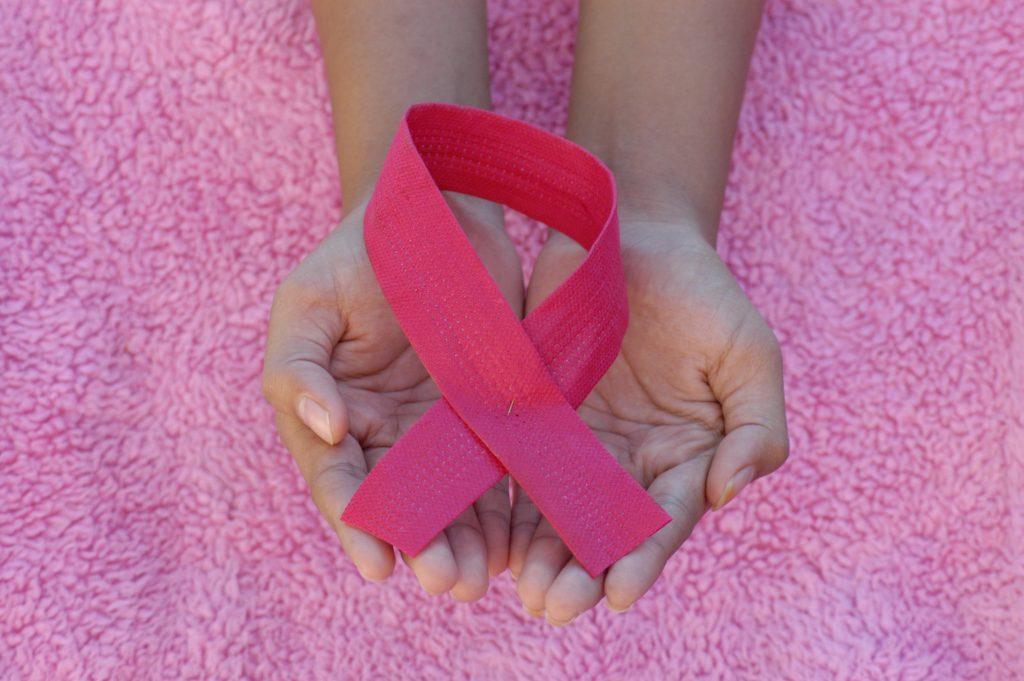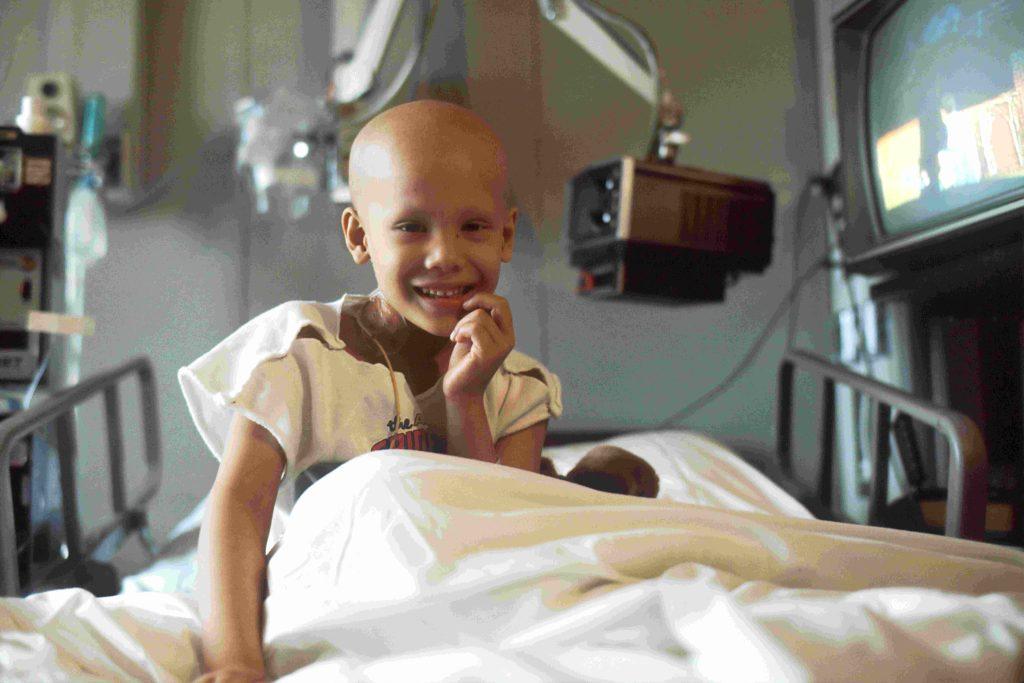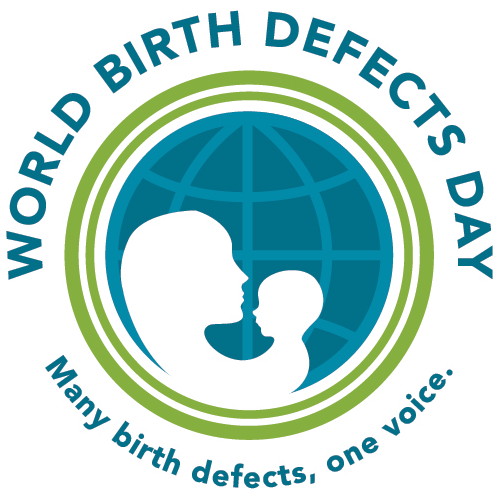
As a critical care practitioner, I have witnessed first-hand the horrifying manner late-stage cancer eats up its victims.
I have seen young, middle-aged and fine old people suffer under the unforgiven hands of a disease we don’t know how to cure.
Each patient I take care of that dies from cancer leaves a scar in my heart that stays for a very long time.
Sometimes, their thoughts silently creep into my heart when I think. And I think of their last days, how they were brought into the Intensive Care Unit or the High Dependency Unit, how they struggled to breathe and survive, their smiles and happy moments and how we finally had to ventilate them because their bodies became too weak. And at the end, how they take their final breath, leaving the world behind.
Do you know another part that so touches me? It’s when their relatives gather around them, weeping and hoping that a miracle will happen. It sure does break my heart. And then, I think about science.
Why haven’t we been able to discover a cure for cancer?
We sure are making a lot of progress regarding cancer care.
But we must put in more effort and let each of us diligently play our role.
This year’s world cancer day campaign calls upon everyone, all over the globe, to unite as one, forming strong global partnerships that will give us the strength to build innovative collaborations in the fight against cancer.
You don’t have to become a great philanthropist, oncologist, or healthcare professional to contribute to the fight against cancer.
Simply sharing educative information about cancer care [early detection and treatment] with your community or network on social media or around you can go a long way in saving a life or two.
“Approximately 1.1 million new cancer cases occur each year in Africa, with about 700,000 deaths.”
Cancer Care Has Come A Long Way

Investments In Cancer Research
“In the last 10 years, the overall cancer death rate has continued to decline. Researchers in the US and across the world have made major advances in learning more complex details about how to prevent, diagnose, treat, and survive cancer.”
Yes, a lot of money is spent yearly on cancer research. And we hope that soon, scientists and experts dedicating their lives to cancer research will someday meet a breakthrough.
I believe we are getting close to a defining moment in cancer care.
The world’s top nations, including the United States, the United Kingdom, France, Germany, and other leading nations are investing heavily in cancer research. In the not-so-distant future, there will be a lot of positive news.
We must keep doing all we can do as individuals, communities and organizations.
“The most common cancers in adults include breast (16.5%), cervical (13.1%), prostate (9.4%), Colorectal (6%), and liver (4.6%) cancers, contributing to nearly half of the new cancer cases.”
Advancements In Cancer Care
The American Cancer Society highlights some significant advances in cancer care that have saved many lives and significantly reduced morbidity rates. Let’s take a look at them:
- Treating cancer became more precise.
- Cancers can spread with help from their neighbours.
- Two new types of immunotherapy were developed.
- More people started getting the message that obesity is linked with cancer.
- Smoking is still the most preventable cause of cancer deaths.
- Researchers discover more about the microbiome’s influence on cancer.
- DNA mutations aren’t the only causes of cancer.
- A new understanding of cancer cells’ metabolism opens the door for new drug targets.
- Researchers highlighted the benefits of receiving palliative care early in cancer treatment.
Get more details here.
Early Detection
Early detection has always Been a vital factor that decreases mortality and morbidity. If it can be detected early enough, the chances of survival significantly increase.
The general public must be enlightened about the importance of early detection, especially cancers prevalent among older men and women of childbearing age — breast cancer and ovarian cancer in women and prostate cancer in men.
Taking Africa Along
“With significant data challenges, childhood cancer incidence in sub-Saharan Africa is estimated at 56.3 per million population. Current projections show that Africa will account for nearly 50% of the global childhood cancer burden by 2050.”
Twelve countries in Sub-saharan Africa have valid National Cancer Control Plans; a couple more have developed National treatment guidelines for childhood cancers, while 25 countries have developed effective cancer guidelines; these among others are laudable achievements in Sub-saharan Africa’s fight against cancer.
But there are more grounds to cover.
Africa still has a long way to go as far as the fight against cancer is concerned.
We need more advanced healthcare structures, from diagnostics centres and facilities and medications to highly trained healthcare professionals, to make the fight against cancer possible.
African governments must pledge their support and collaborate with international bodies and communities to provide the assistance required to fight cancer in their respective jurisdictions.
Without political will, the fight against cancer in a region like Africa, which already suffers from many artificial setbacks, will not be progressive; instead, it will be slow and ineffective, and If we are not careful enough, the burden becomes too heavy for us to shoulder.
“Africa has only 3% of the world’s cancer treatment facilities, with radiotherapy available in just 22 countries in sub-Saharan Africa, contributing to very low survival rates.”
What Are Some Stumbling Blocks?
Despite significant progress in Africa’s fight against cancer, there are a host of hurdles that create a lot of friction as we labour to fight cancer, and here are some of them:
- Low number of population-based cancer registries: Africa has always had data problems. And it has created a lot of gaps in our healthcare system, the economy and other aspects of society. Africa generates a lot of quality data, but we need more expertise to use generated data well; more so, we need the government to listen to the suggestions of analyzed data and make wise decisions.
- Limited health promotion: We need to design solid media and information structures in Africa that can effectively disperse accurate healthcare information to everyone, whether in rural areas, on the water or in urban settlements. More people need to know how to take care of their health. They need access to accurate and easy-to-understand information that gives them basic knowledge on caring for their health, including healthcare prevention, promotion and detection of the early symptoms of diseases.
- The need for adequate access to primary prevention and early detection services: In cancer care and management, early detection is an important link in the care chain. There must be enough diagnostic facilities, especially in areas isolated from urban communities, that will make early detection possible. When people are enlightened about the need for regular healthcare checkups, we must also provide them with the necessary facilities.
- The scarcity of diagnostic facilities that increases delays in diagnosis and treatment: In Africa, most cancers are detected at late stages when there are already widespread metastases; this is due to the scarcity of diagnostic facilities that causes a delay in diagnosis and treatment.
- Provision of palliative care is rare in Africa, notwithstanding the significant need for it: Palliative care in Africa is almost non-existent. The only option for most families that can afford cancer care is to place their loved ones in an intensive care unit and wait for them to die. And the intensive care unit is not designed to provide palliative care. Palliative care is an entirely different form of care requiring specialized skills from healthcare professionals. Highly skilled palliative care can improve the standard of life for patients who have gotten to this stage of the disease. They are cared for in a calm and comfortable environment with family and friends around them as they quietly live out their final days.
“When lung cancers are found early, then two-thirds of patients survive for at least five years.” – Sergey Avdeychik.
Final Thoughts
Can we prevent cancer?
There are a lot of factors that can contribute to someone developing cancer.
However, we can do a couple of things to prevent it.
Choosing a healthy lifestyle:
- Eat healthily.
- Stop smoking and abusing alcohol.
- Exercise regularly, basic things anyone can do.
But many of us refuse to do these things, giving the excuse that we are either busy or do not have the time, or we just lack the discipline needed to live healthily.
Getting Vaccinated: Women of childbearing age must receive the HPV vaccine to reduce their risks of developing cervical cancer.
Routine Screening: Pap smears, breast self-examinations, and prostate screening are just some of the routine screenings men and women should do regularly.
The Role of Digital Health

Digital technologies, AI/ML, in particular, are revolutionalizing cancer care.
There’s so little the average oncologist can do for massive populations of people who regularly have pathology tests, radiological screenings, laboratory tests and advanced molecular diagnostics investigations.
AI/ML conveniently takes the computational and analysis burden off the shoulder of physicians, radiologists and oncologists so they can focus on more clinical and core patient-centred activities.
AI can analyze millions of advanced and technical patient data in seconds, give solid and accurate insight, and develop patterns for physicians who now use their natural input to chart the course for patient care.
If fused, the physician’s natural intelligence and the artificial intelligence of technology will create an almost impervious structure that will be 100% effective and efficient, saving more lives, reducing the heavy weight of misdiagnosis and improving overall patient outcomes.
Clinically, most diagnostic processes require using vision, sight, sound and touch. Vision is the natural sense mainly used in oncology — x-rays, CT scans, mammography, and other advanced imaging technologies assist the physician in detecting anomalies in tissue structure.
Research has repeatedly proven that AI & ML have been, most of the time, 30% more accurate than the radiologist in detecting tiny anomalies that the ordinary human eye may not even detect in radiological images or CT scans.
Google and IBM are the leading global players in AI cancer care. But there are also smaller startups developing promising technologies to address the shortage of radiologists in the fight against cancer.
Startups like Egypt’s Rology are trying to address the shortage of radiologists with their AI-based solutions and PathAI, which is developing AI-based technologies to assist pathologists in detecting abnormalities in tissue sections.
I would have loved to keep mentioning and talking about them, but let’s leave this discussion for another time.
What Can You Do?
You can do your part as an advocate of the fight against cancer. You can lend your voice and your platform and use your community and network to spread awareness about cancer care — early detection, diagnosis and treatment.
And cancer survivors are also an integral part of this movement. They can share their lived experience with people currently fighting cancer, lending them a hand to hold, a shoulder to rest on and igniting hope in their hearts.
We can close the care gap, let’s unite our voices and take action.





